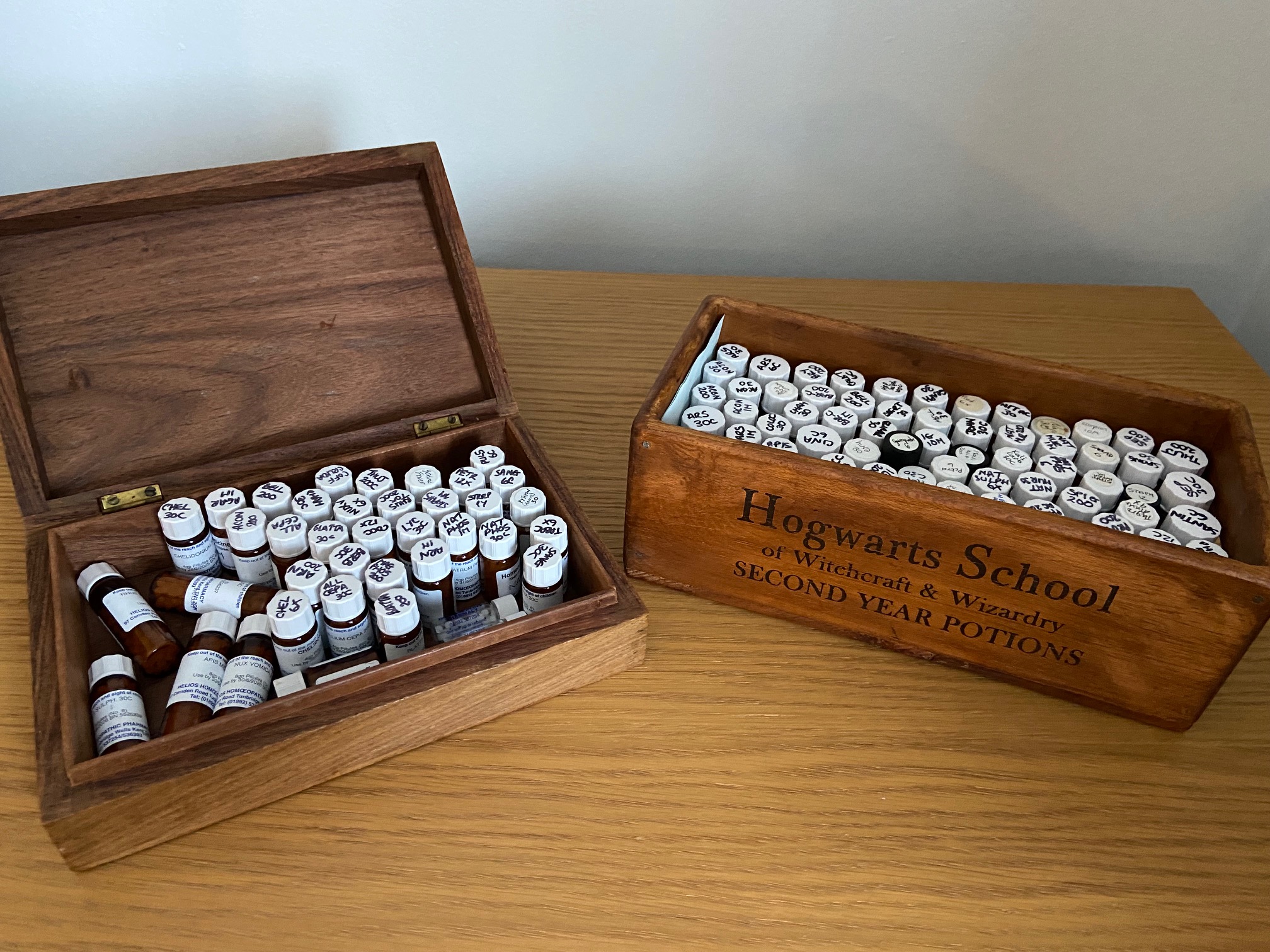What Is Homeopathy?

Homeopathy is a system of natural complementary medicine that has been in existence for over 200 years. It uses specially-prepared, highly-diluted substances to gently stimulate the body’s own innate healing mechanisms on every level – physical, mental and emotional – without drugs or side-effects.
Treatment takes into account your unique and complete health picture – mind and body, emotions, diet & lifestyle and your full health chronology to find the remedy or remedies that fit you.
Safe, Non-Invasive, & Family-Friendly
Homeopathic remedies are non-toxic, suitable for all ages including babies, toddlers, pregnant women, and older adults. They can be used alongside conventional medicine and treatments without interference. Homeopathy treats the root causes of your ill health and aims to restore lasting wellness, rather than masking or suppressing symptoms.
What Homeopathy Can Help With
Homeopathy offers gentle, natural support and healing for any health condition including but not limited to:-




